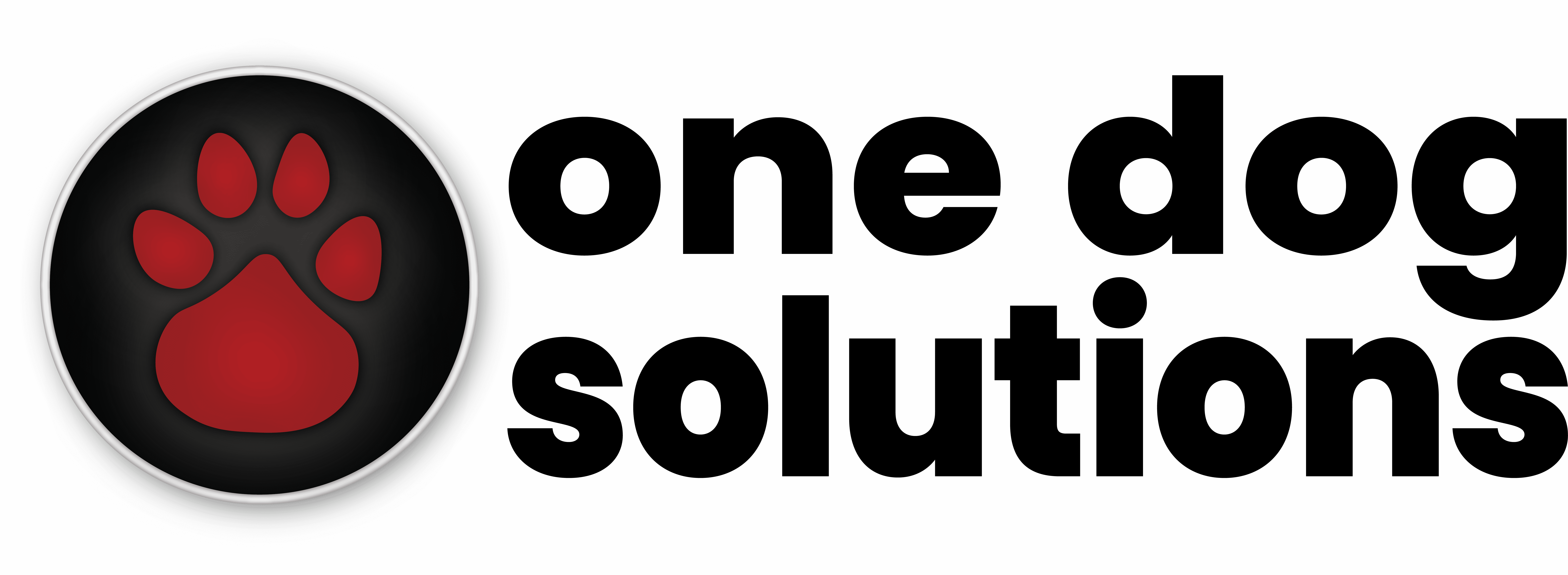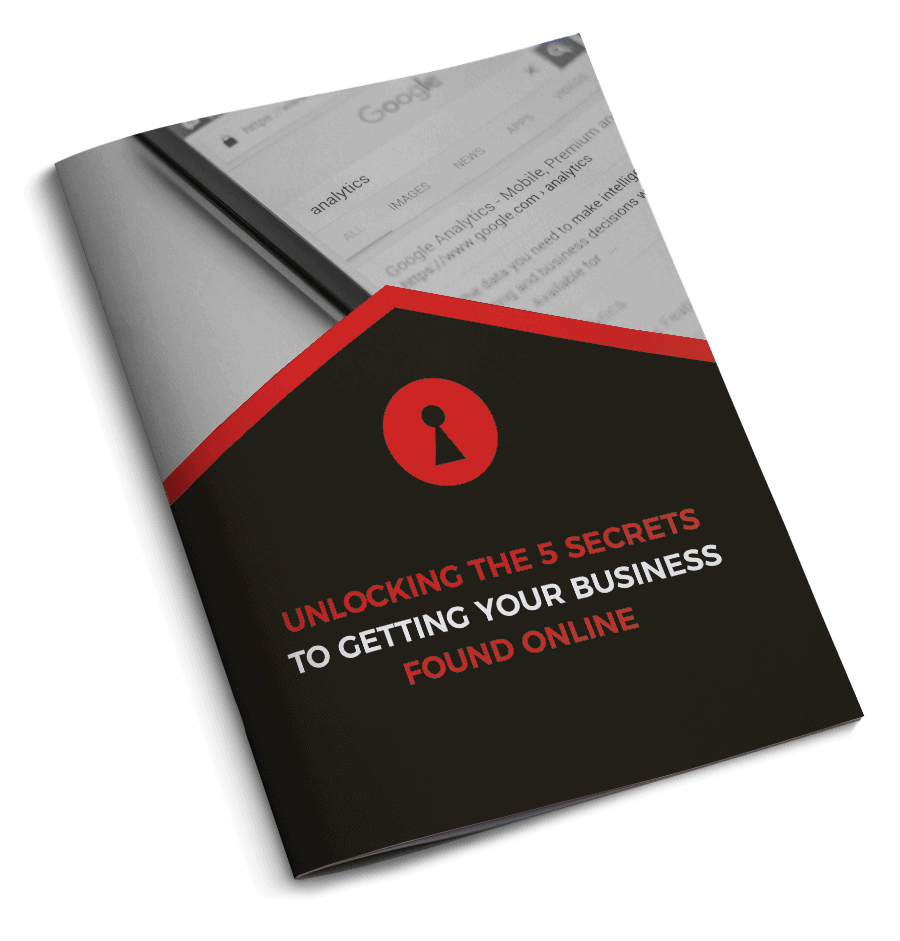It’s that time again when I’m sitting down to write our blog. It’s something that hasn’t happened consistently over the past two years. It’s not that the idea list is empty. In fact, it’s full, and content has been planned for at least 13 months on a one article per month schedule.
So why hasn’t our publishing been happening regularly? Good question. If you’re like me, you may enjoy the process, but maybe blogging is just not your thing.
That’s okay. Blogging isn’t for everybody. In this installment of our blog, I’m going to be taking a look at other ways to communicate with your audience.
Low Investment Options
The first set of options that we’ll discuss are options that can be accomplished with a low financial budget. Keep in mind, the methods of marketing we’re discussing here are still content based. The largest investment will be your time.
Podcasts
For some people, it comes down to the writing of the blog. The spoken word comes easier and ideas just flow from your voice much better than through a keyboard. If you have a voice like Barry White and can fluently put your thoughts together while speaking, a podcast can be a great way to communicate with your audience.
Podcasting and speaking can be easier, because there isn’t a lot of photo and copy editing to produce a piece of content.
That doesn’t make it any less involved in production. Building an outline for a monologue, or lining up guests to interview takes time. Post-production audio editing and transcribing show notes for your fans that want to read also needs to be done.

Podcasting requires equipment. You can start with just a microphone and a decent headset. Those can also be used for online meetings and everyday use as well, so it’s a small investment.
The last investment is hosting. Your podcast needs to be hosted by a service that is separate from your website. Castos, Libsyn and Anchor are all good choices for podcast hosting.
Newsletters
A weekly newsletter can be another great way to reach your audience. While a newsletter still involves some writing, it’s often a smaller writing time investment than a blog.
Starting a newsletter is a fairly simple process. You’ll need to sign up for an account with an email marketing service. A few of my favorites are Mailchimp, Mailerlite and MailPoet. All three of these services have free tiers to start with.
We publish our newsletter with MailPoet. You can sign up here if you’re not already subscribed.
After you’ve set up your account, a simple sign-up form or a dedicated landing page that you direct traffic to will be necessary to collect subscribers.

Some of my favorite newsletters that I’ve subscribed to do a great job of offering a combination of original content, and aggregating current industry news.
Two of my favorite newsletters are Neville Medhora with his Copywriting Course and Davinder Singh Kainth with The WP Weekly. The cadence of their newsletter is weekly, and every issue has relevant information inside.
I’m still subscribed to these newsletters because the information is relevant and helpful to me. The format of each is easy to follow, and consistent.
Email too often, and people will unsubscribe. Include content that isn’t relevant to the subscriber and they’ll quickly opt out. Finding the proper frequency and including content that your subscribers find useful is the key to success with a newsletter.
This is an upside and a downside to email marketing. You’re speaking directly to an audience who has subscribed to your newsletter, so they’re already interested and engaged with you or your company.
The downside is that it is a much smaller audience than you have with a blog or podcast.
Social Media
Ahh, sweet social media. Almost everyone has an account on some form of social media these days. We have business profiles on Facebook, Instagram, Twitter and LinkedIn that get updated semi-regularly.
Social media arguably has the lowest financial investment of the content marketing methods we’ve talked about so far.
Simply sign up for an account and start publishing to a built in audience ready to receive your words of wisdom. Sounds great, right?

While being relatively free to use, that means that you’ll have competition. Billions of individuals have social media accounts. All clamoring for that free space in a user’s timeline, hoping that they’ll stop scrolling for a piece of attention.
To truly be successful on social media outlets, you need to stand apart from your competition and be viewed as an expert. This means that you spend time on producing good videos, editing photographs and carefully writing content that is meant to engage.
The content and format needs to be tailored for the channel, and the specific part of your audience on that channel.
Managing social media, and the audience engagement that comes with it can quickly become a full-time job.
Paid Marketing Options
The first 3 options that we presented are examples of organic content marketing. The largest investment in those options is your time. It also takes time to build your audience, sometimes months or years.
Paid marketing options are exactly that. You pay to place your ad on someone else’s platform to direct traffic back to your site. Traffic is immediate as soon as your ads are published and approved.
Pay-Per-Click Advertising
In the past, we’ve separated social media marketing and PPC marketing into two separate topics, but they’ve become much the same.
The time and expertise investments in this form of advertising are both high. Paid marketing campaigns take time to research and money to place the ads.

Your ads need to be carefully designed to stop a user from scrolling through. Then your copy needs to resonate with a potential buyer. And even within your customer base, not everyone will respond to the same ad and take action.
The upfront time and effort can pay high dividends when you dial in to your ideal customer. Where our earlier options take a longer time frame to see results, paid marketing channels can provide results almost immediately.
Outsourcing
Most of the time, especially when it comes to marketing, the DIY option isn’t the best one. It’s usually the first route than any new startup takes, typically because of a lack of planning or funding.
Usually both.
All the marketing channels and options we mentioned above don’t have to be done by you directly. You can hire someone else to do the work for you.
Or even parts of it for you.
You know your business better than anyone else. That’s why your customers pay you to do what you do. They aren’t paying you for the beautiful ad they saw on Facebook.
That’s exactly why companies like mine exist. To assist you with communication
with your audience and customers. It’s what we enjoy doing. We’ve invested in tools and training to do it well.
How do you know when it’s time to outsource? When a crucial part of your business is painful or unenjoyable for you to do.
As I grew One Dog Solutions, I would find myself with my accounting being months behind. It began to cost me more in time lost working on the painful tasks of accounting, instead of my client’s work.
Hiring an accountant is still the best business decision that I’ve made.
Final Thoughts
If blogging isn’t your thing, there are plenty of other ways to connect with your clients. We’ve only mentioned a handful here, there are many more.
Find the one that works for you. It’s usually the one that you don’t mind doing, or even enjoy on a regular basis.
Sometimes that’s hiring someone else to do it for you.
If you find yourself struggling with your marketing, book a call with us, or reach out at info@onedog.solutions.

